-
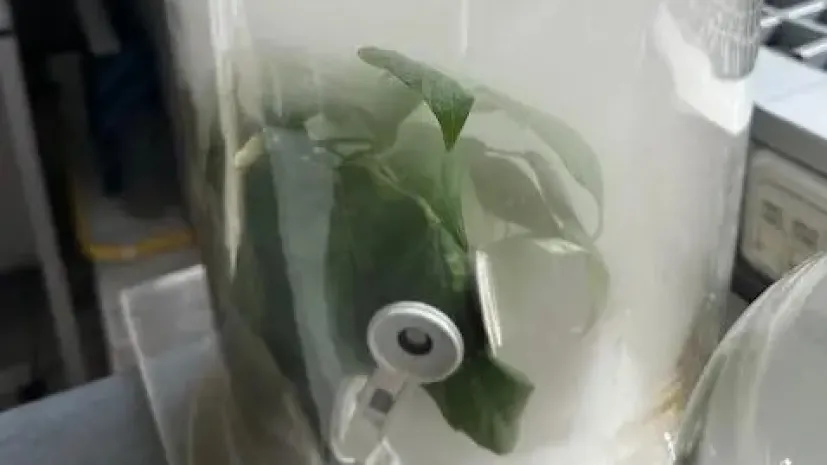
Cigarette smoke harms plants, ground-breaking research finds
Cigarette smoke harms not only people, but also plants, joint research by scientists from the Warsaw University of Life Sciences and the Jagiellonian University shows.
-
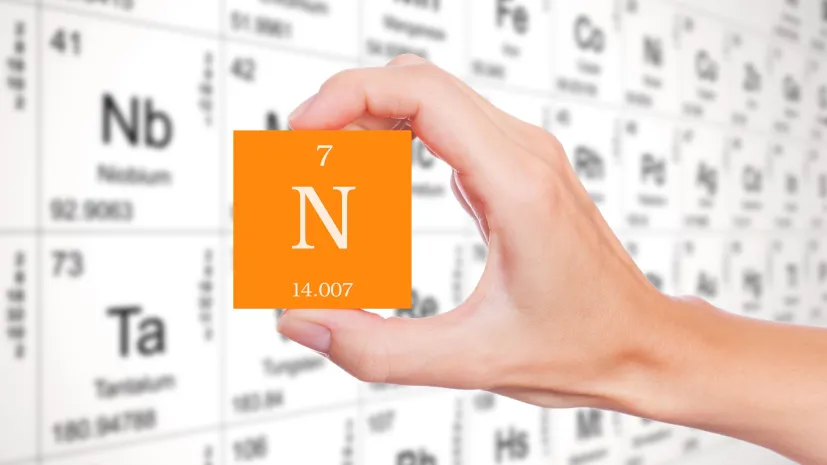
Nitrogen pollution reduces diversity of nitrogen-fixing plants
Nitrogen pollution leads to a decline in the diversity of plants that fix atmospheric nitrogen, according to research by an international team of scientists, including Polish researchers.
-

European forest plants migrate 3.5 km per year, new study finds
As a result of human activity, European forest plants shift their ranges not only towards the poles, as was commonly believed, but also westwards, according to research by an international team including Polish scientists.
-

Secrets of autobiographical memory: Between déjà vu and Proust's madeleine
Déjà vu - the false impression that 'this has happened before' - has many similarities with involuntary autobiographical memories, i.e. a situation when we suddenly remember a scene from our past, says psychologist Dr. Krystian Barzykowski from the Jagiellonian University.
-

Jagiellonian University researchers develop new fertilizer for vascular plants
Scientists from the Jagiellonian University have developed a new type of fertilizer for wide use in vascular plant cultivation. The fertilizer combines chemical compounds important for plants with a selected strain of endophytic yeast.
-
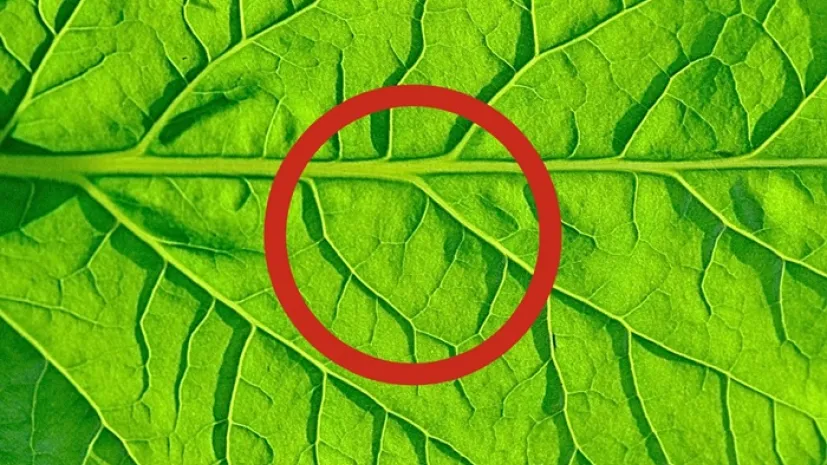
Polish scientists in PNAS: When should competition turn into cooperation? Physics of transport networks explains it
River deltas, leaf veins, lightning... in transport networks, simple laws of physics can surprisingly lead to cooperation between previously competing parts of the system, increasing its efficiency, shows research published in PNAS by Polish scientists.
-
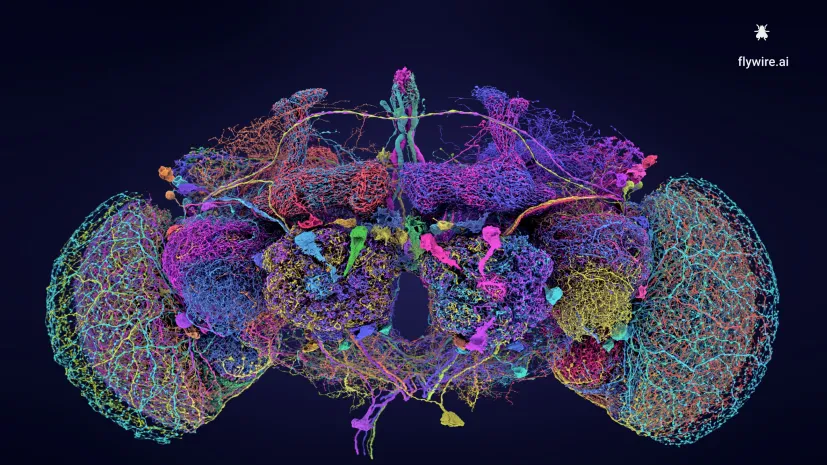
Fly brain's entire 'wiring' described. Pole has publication in Nature because... he played a game
One of the most important scientific achievements of the year - describing the connections in the entire brain of a fruit fly - was achieved not only thanks to laboratory research, but also thanks to the meticulous work of online game players.
-
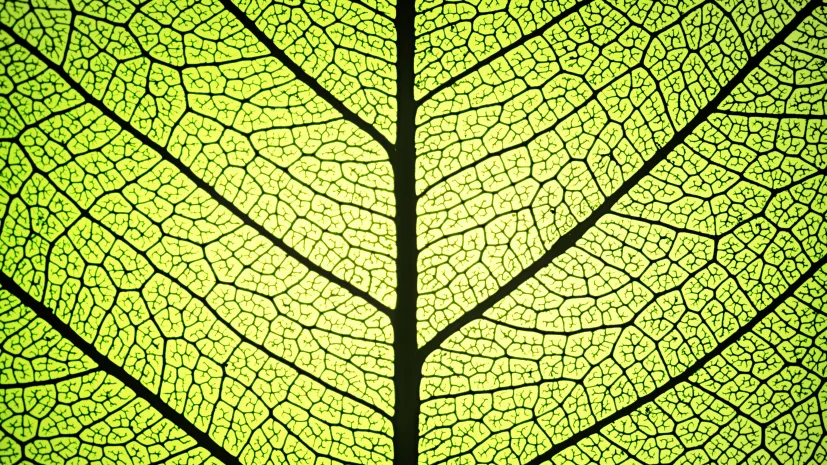
Proteins under cryomicroscope reveal new information about photosynthesis
Scientists have captured the high-resolution structures of one of the key proteins of photosynthesis in plants, recording a moment in the catalytic cycle. They found that water is forced out of the protein's active site through channels on its surface in a way that resembles the action of a syringe plunger.
-

Dance of matter and antimatter. New Polish idea for tomography biomarker
Annihilation (mutual destruction of matter and antimatter) has long been used in PET scanners. Now an interdisciplinary team from Poland has developed a lightweight and cheap new-generation tomography scanner - J-PET, which measures the rate of this annihilation in various tissues. This new biomarker makes it possible to create brain maps with completely new information, e.g. about glioma.













